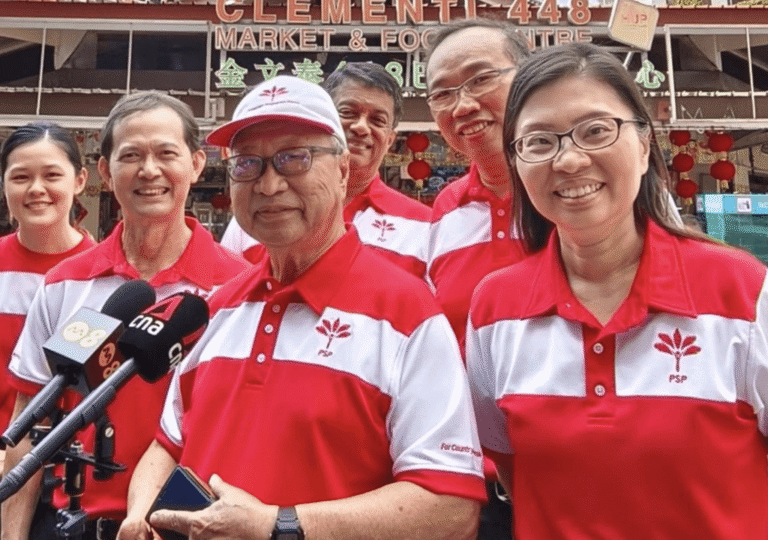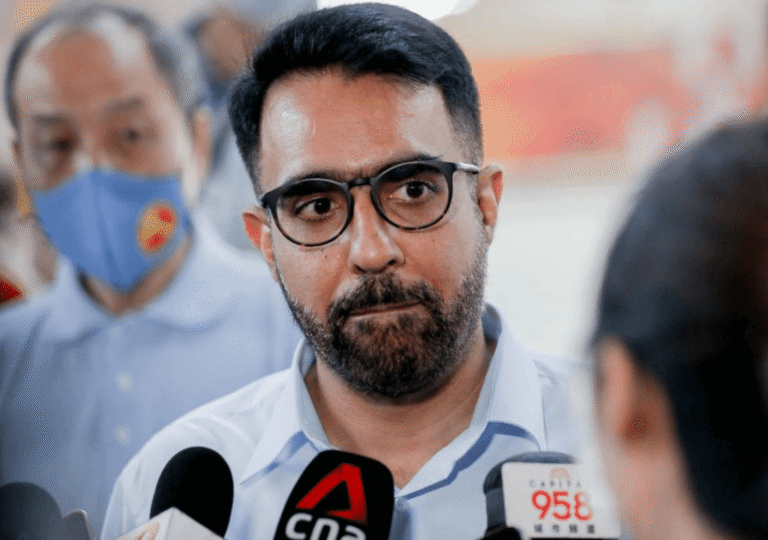Singapore consistently earns recognition as the least corrupt nation in Asia and ranks among the top ten cleanest globally, according to Transparency International. The World Bank’s governance indicators commend Singapore for its commitment to the rule of law, effective governance, and corruption control. However, the recent legal action against former Transport Minister S Iswaran has sent shockwaves through the country’s political landscape. S Iswaran faces a total of 27 charges, predominantly related to bribery and corruption, involving sums exceeding S$384,300.
In the face of charges against S Iswaran, political analysts downplay the likelihood of a substantial impact on the People’s Action Party’s (PAP) strategic plans for leadership transition and the impending General Election (GE). Prime Minister Lee Hsien Loong is believed to have factored in the potential trial, and even if it exceeds expectations, Iswaran’s resignation as a Member of Parliament (MP) and PAP member is considered a satisfactory resolution to the Corrupt Practices Investigation Bureau (CPIB) inquiry. Deputy Prime Minister Lawrence Wong has affirmed to reporters that the leadership transition plan remains unaffected despite Iswaran’s legal challenges. Nonetheless, there are lingering concerns among political observers regarding the void created by Iswaran’s departure from the West Coast Group Representation Constituency (GRC). This raises apprehensions about a challenging electoral competition for the PAP as they endeavor to identify a fitting replacement for the seasoned former minister.
The future of West Coast Group Representation Constituency (GRC) and the People’s Action Party’s (PAP) prospects in this closely contested area remain uncertain. Although the departure of Iswaran does not automatically translate to PAP losing control of the GRC, there is a significant void to be filled. Iswaran, a well-regarded and popular Member of Parliament (MP) in West Coast, leaves a gap that the PAP must address.
With Iswaran not seeking re-election, PAP faces the challenge of strengthening its position, especially considering the Progress Singapore Party’s (PSP) formidable performance in West Coast GRC during the 2020 General Election. In that closely contested race, PAP secured victory by a narrow margin of 51.69 percent. Given the circumstances surrounding Iswaran’s departure, there may be residents inclined to give the Opposition a chance in the GRC.
Many analysts contend that the People’s Action Party (PAP) will have difficulty finding prominent political figures among its members to succeed Iswaran. In addition to Iswaran, the party has also had to deal with Tan Chuan-Jin’s resignation, which came about after it was revealed that he had an extramarital affair with PAP MP Cheng Li Hui. The departure of both Iswaran and Tan Chuan-Jin raises questions about the party’s ability to field prominent candidates. Additionally, Dr. Tan, the chairman of the Progress Singapore Party (PSP), headed the team that ran in West Coast GRC in the 2020 General Election, emphasizing the difficult task facing the PAP in finding a capable replacement.
As the impact of the Iswaran case is not confined to the West Coast GRC, the ruling party is demonstrating its commitment to undertaking strong measures against corruption nationwide. Deputy Prime Minister Wong highlighted Singapore’s ministerial code of conduct, emphasizing the prohibition of receiving gifts that could create conflicts of interest and obligations. This code, in effect since 1954 and subject to periodic updates, outlines the expected behavior and personal affairs management for ministers. Mr. Wong assured that the government would consistently review and enhance the code, incorporating insights gained from experiences such as the recent incident. Analysts, however, indicated that the existing checks and regulations within ministries are sufficient to ensure the proper reporting of gifts, mitigating the need for drastic alterations to the code.
In a broader context, analysts commended the People’s Action Party’s (PAP) handling of Iswaran’s case, seeing it as a positive reflection of the party’s intolerance towards corruption. This firm adherence to the party’s values could resonate with younger voters, offering them insight into how the ruling party addresses significant crises involving its members. Nonetheless, the evolving political landscape poses challenges for PAP, as evidenced in the last election. In July 2020, PAP secured 83 out of 93 seats and 61.2% of the popular vote, marking its 13th consecutive general election victory since Singapore’s independence. However, this result represented a notable decline from the 2015 election. So, it is crucial for the PAP to take proactive measures in combating corruption and improving its public image.







